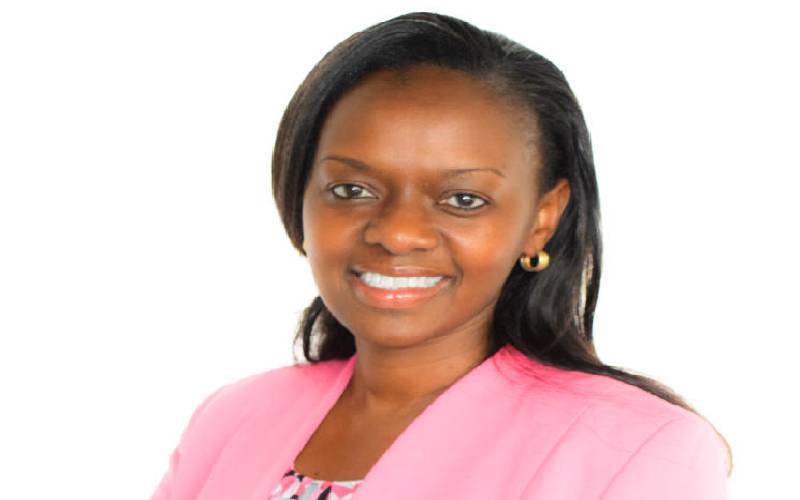×
The Standard e-Paper
Smart Minds Choose Us

After working full-time for an international research firm for 14 years, Maggie Ireri (pictured) was exhausted. She even vowed never to go back to the research field again. But as she was to learn, this was a vow that she couldn’t keep.